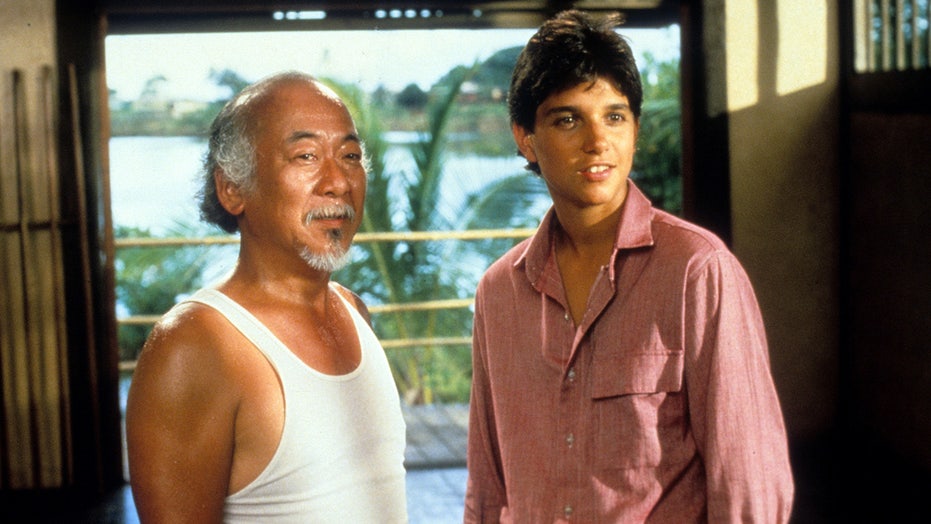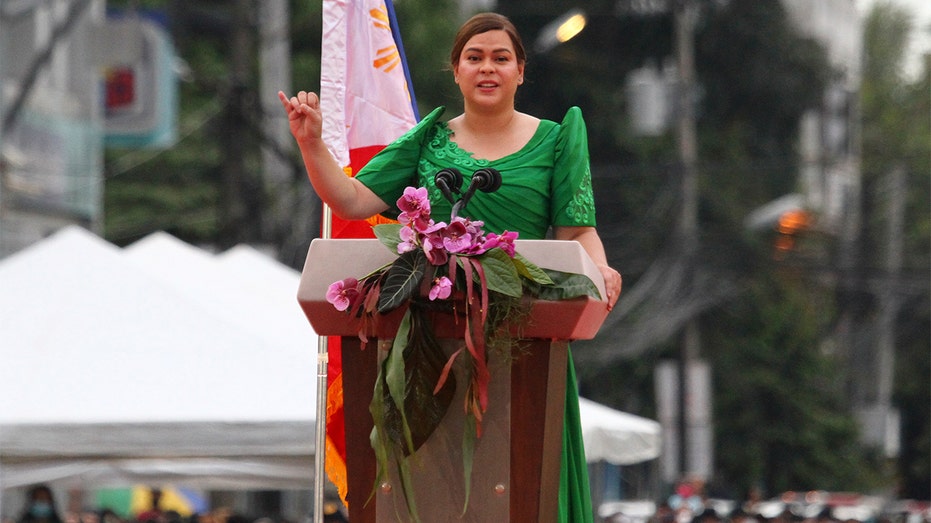- by foxnews
- 24 Nov 2024
‘A space to feel at ease with dying’: how video games help people through grief
‘A space to feel at ease with dying’: how video games help people through grief
- by theguardian
- 20 Apr 2023
- in technology

When James's father died, he did what any of us would do in the throes of grief: he sought comfort. He went looking for it in the expected places - friends, family - but he found it somewhere unexpected: in the video game The Legend of Zelda: Majora's Mask.
"Dad had always loved games. He gave me his NES when he got the SNES, and my formative memories were playing Mario Kart 64 with him, my uncle, and my little sister. Shortly after my father passed, the Wii added some N64 games to its catalogue that I had loved to play growing up, and that started the journey I needed to take to forgive him," says James. "I had felt abandoned by him - when I was right at the shifting point of puberty, about to learn how to drive, he just wasn't there.
James is one of many people who've found a route through grief in video games. It's often assumed that we long for avoidance when we venture into imaginary worlds - and they can indeed offer vital escapism when the real world is difficult. But the nature of video games demands active participation, which can help players to process their feelings, free from real-world expectations about correct ways to grieve.
In recent years, several games have been made about the experience of grief itself, such as Gris, Spiritfarer, and Lost Words: Beyond the Page. In each of these examples, the labyrinthine complexities of grief are explored through a protective lens, letting us care for and guide grieving characters, enabling close proximity to our emotions while simultaneously shielding us from them.
Like novels and films, games can also offer hope, a route out of an emotional state that might feel inescapable. "Lost Words: Beyond the Page provides an example of how someone can get through this (which can be hard to see when you are in the middle of grief), and the strategies that other people use to manage and process their loss," says Caitlin Hitchcock, a clinical psychologist and researcher at the University of Melbourne, who also acted as a consultant on the game. "Much of this is subtle - narrative is just one aspect of a video game. People who might be hesitant to watch a film about a young woman processing grief, might be more likely to play a video game. The game takes a hard topic, which many of us avoid, and presents it in a more palatable context."
Games have the power to normalise grief and offer comfort and, as all art does, they can help us find meaning in our trauma so that we can overcome it. "Avoiding thinking and talking about the loss can maintain poor psychological wellbeing," explains Hitchcock. "Playing a game about someone else's grief is going to trigger thinking about your own grief, due to the way that associations between information are formed in the brain. A game can therefore reduce avoidance of your own grief, but potentially in a way that is less confronting or painful."
- by foxnews
- descember 09, 2016
Italy expected to draw travelers by the millions as Pope Francis kicks off Holy Year
The 2025 Jubilee will bring tourists to the Vatican, Rome and Italy to celebrate the Catholic tradition of patrons asking for forgiveness of sins. Hope will be a central theme.
read more





